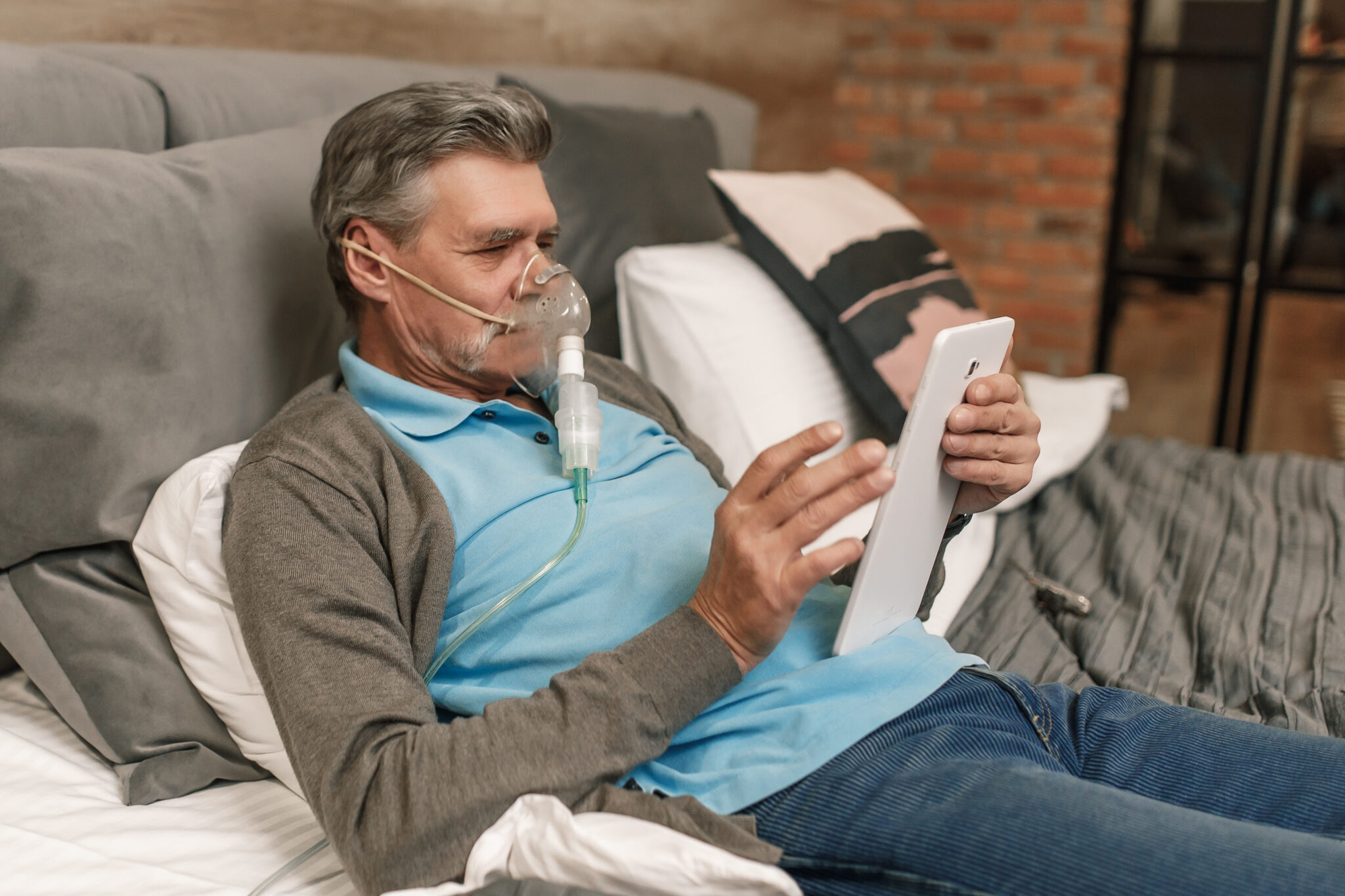Lung Patient Community Calls for Supplemental Oxygen Reform

Mary was diagnosed with a rare lung disease at 40 years old. Beverly loves playing tennis but struggles to do so with an oxygen tank. Sarah’s active lifestyle depends on access to liquid oxygen so that she can leave the house for more than a few hours.
These stories are similar to many more shared on Capitol Hill for the American Lung Association’s Respiratory Advocacy Day. For each and the 1.5 million people who rely on supplemental oxygen, the right kind of oxygen is the difference between living fully and being confined at home.
People living with a range of respiratory health issues — including those with advanced lung diseases — rely on supplemental oxygen to breathe easier, connect with loved ones, participate in their communities, and live a life untethered from their homes or a medical facility. Too often, access to the most appropriate oxygen for a patient’s needs is out of reach.
One reason is Medicare’s “competitive bidding” system for durable medical equipment, introduced in the early 2000s to lower costs and increase competition. For liquid oxygen — a lighter, longer-lasting option vital for people who require higher oxygen flow rates — this program backfired. By setting reimbursement rates well below the cost of providing oxygen to patients, Medicare made it financially unsustainable for suppliers to continue offering liquid oxygen, particularly in rural and underserved areas.
Many patients were switched to compressed oxygen instead, which is heavier, less portable and lasts only about an hour compared to up to six hours with liquid oxygen. For many patients, that can make leaving home for even a doctor’s appointment nearly impossible.
Recognizing flaws in the system, Medicare decided to pause the program. Now, the administration has proposed reinstating the competitive bidding program for durable medical equipment. This risks further restricting access to supplemental oxygen, worsening the daily challenges faced by patients and their caregivers.
It does not have to be this way. The Supplemental Oxygen Access Reform (SOAR) Act would permanently remove supplemental oxygen from the competitive bidding program, establish a separate payment rate for liquid oxygen, and establish an add-on payment for respiratory therapist services. It would also extend blended payment rates to support access in rural and other non-urban areas and require Medicare to use a standard documentation template, helping prevent unnecessary claim denials and protect patient privacy.
Further, it would enable patients to remain independent, receive care at home, and avoid expensive hospitalizations.
The SOAR Act would ensure patients get the type of oxygen that best meets their medical and quality-of-life needs, enabling them to live active, engaged lives.
This is why the American Lung Association brought patient advocates living with lung disease and other advocates to Washington for the third Respiratory Advocacy Day to share their personal stories with members of Congress and to advocate for critical public health and healthcare priorities.
The need is urgent. Let’s pass the SOAR Act for the 1.5 million people who depend on supplemental oxygen. No one should be trapped at home simply because they can’t get the right kind of oxygen.
Harold Wimmer is the president and CEO of the American Lung Association. He wrote this for InsideSources.com.
